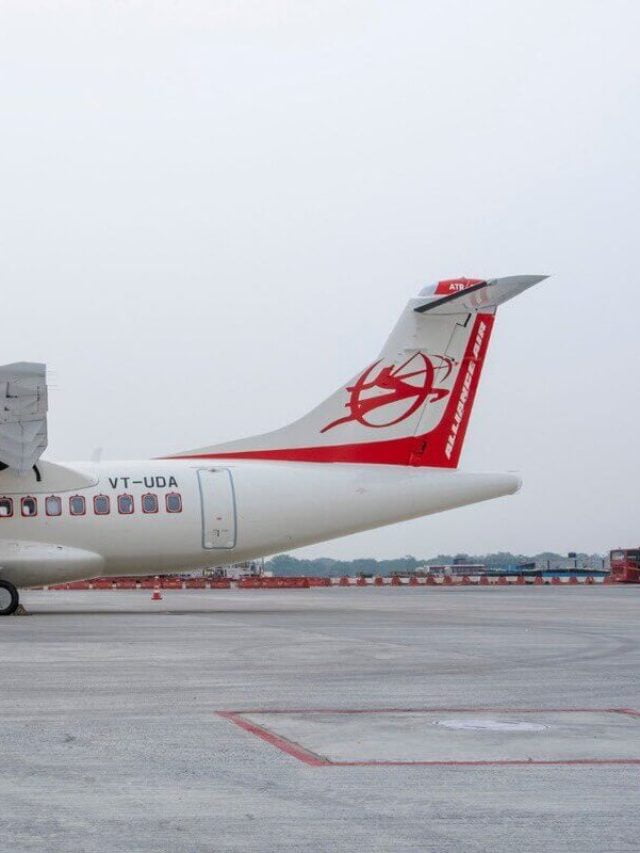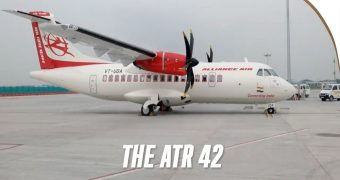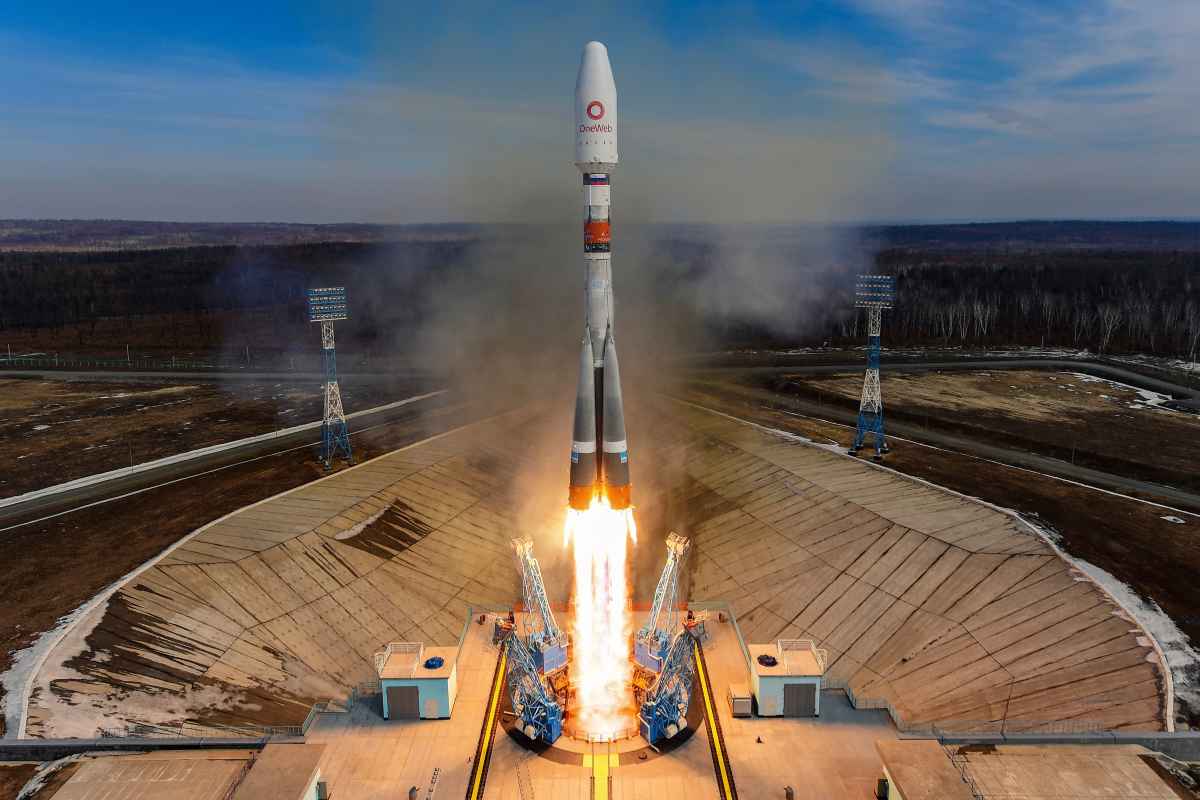
According to legal experts and aerospace specialists, new Western sanctions on Russia might have a significant impact on the business aviation industry, potentially entangling aircraft brokers, lessors, maintenance providers, and other businesses.
Because of the sanctions' intricacy and the proclivity of Russian owners to register their planes abroad, such corporations may be unaware that they are breaking the rules.
"Ownership structures may be difficult to penetrate," says Jonathan Epstein, an aviation attorney at Holland & Knight in the United States. "You actually have to look at the deal and examine the risk if you're managing aircraft, loan, or a lease."
Russian-owned jets are often registered in Luxembourg, the Isle of Man, Guernsey, and even the United States, according to Epstein, who spoke at a National Business Aviation Association webinar on March 4th.
Even determining the number of planes held by Russian businesses, according to Ron Epstein, a financial analyst with BofA Securities, is challenging.
"Things become a little difficult. Many Russian planes aren't registered there," he adds.
The sanctions, which were imposed by Western countries in reaction to Russia's invasion of Ukraine on February 27, aim to impede cash transfers by blocking Russian banks from participating in international financial transactions.
Some Russian banks and citizens are also prohibited from doing business with US persons and financial institutions because of US regulations. According to a Holland & Knight analysis, US organisations must "block property or interests in property" owned 50% or more by Russian institutions or people.
The trouble is that figuring out who owns business aircraft might entail deciphering complex ownership structures and searching through shell companies. As a result, some Western corporations may unwittingly fall foul of US sanctions, according to analysts.
Russian business aircraft makers appear to have been locked out of the market.
On March 4, Bombardier stated, "Bombardier has suspended all activities with Russian clients, including all types of technical support. As international rules, regulations, and penalties develop, we will continue to follow them”. According to Gulf Stream president Mark Burns, the Savannah-based company has a sizeable installed fleet in Russia and a developing fleet in Ukraine.
Gulf Stream does not specify how many of its planes are based in those nations.
"When something of this magnitude happens, there is always an impact - nothing that will derail us, but there will undoubtedly be a client or two" impacted, he says.













